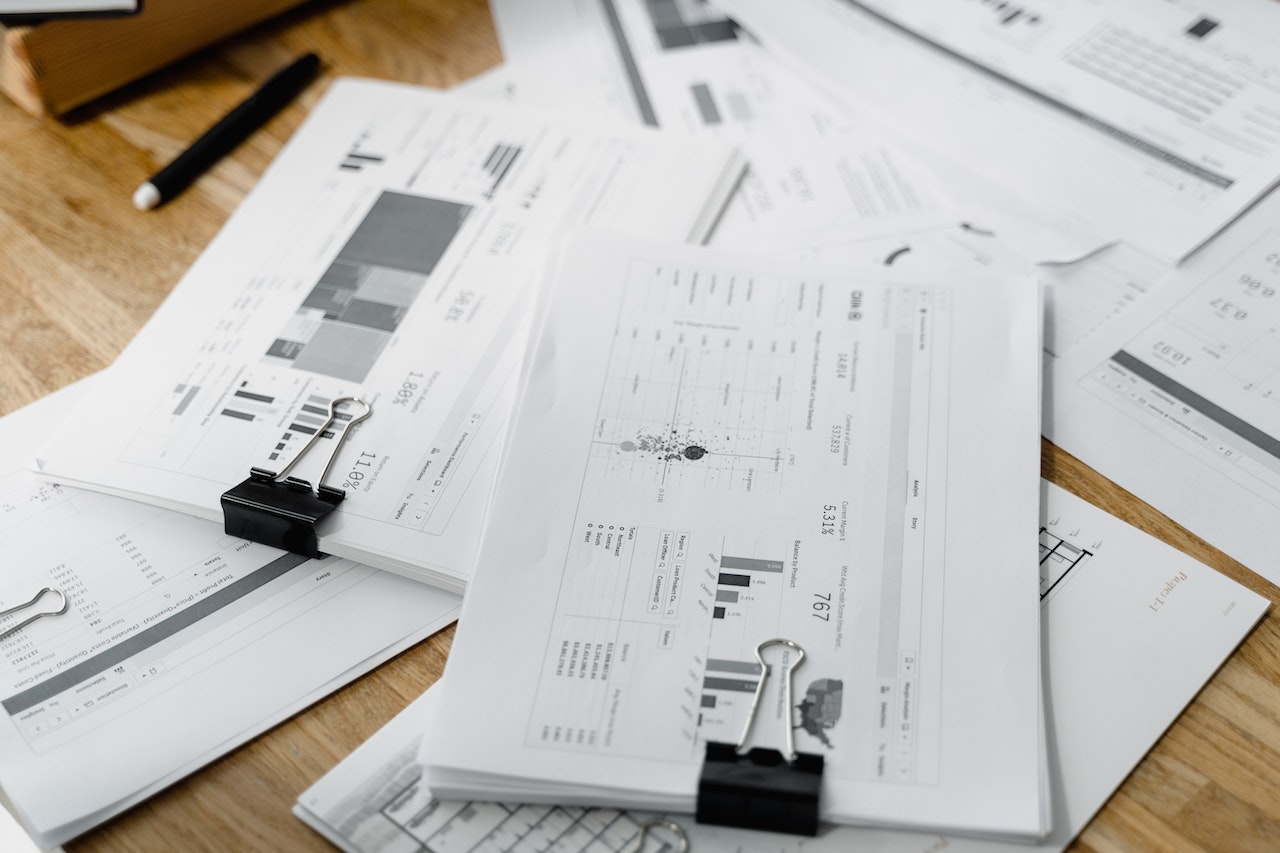Self-assessment is a system used by HM Revenue and Customs (HMRC) in the UK for individuals to report their income and capital gains to calculate their tax liability. The self-assessment system is used by self-employed individuals, company directors, landlords, and those with complex tax affairs. In this article, we will discuss everything you need to know about self-assessment in the UK.

Who needs to complete a self-assessment tax return?
Self-assessment tax returns are required for individuals who fall under any of the following categories:
- Self-employed individuals
- Company directors
- Landlords who earn rental income
- Those who have received income from investments or savings
- Those who have received income from overseas
- Those who have sold a property that is not their main residence
- Those who have received income from trusts or estates
- High-income earners (those earning over £100,000 per year)
- Those who have received income from employment and cannot have it taxed through PAYE (Pay As You Earn) system.
Self-assessment deadlines
The self-assessment deadline for paper returns is 31 October, while the deadline for online returns is 31 January of the following tax year. It is important to submit the self-assessment tax return before the deadline to avoid late-filing penalties.
Registering for self-assessment
Individuals need to register for self-assessment with HMRC if they fall under any of the categories listed above. The registration process can be done online or by post. Once registered, individuals will receive a Unique Taxpayer Reference (UTR) number that is required for completing the tax return.
Completing the self-assessment tax return
The self-assessment tax return can be completed online or on paper. The tax return requires individuals to provide information on their income and capital gains, along with any tax reliefs they may be entitled to claim. The tax return may also require individuals to provide details of any dividends received, property income, and pension contributions.
It is important to ensure that all information provided is accurate and complete. Failure to provide accurate information can result in penalties or interest charges.
Payment of tax
Payment of tax is required by 31 January following the end of the tax year. This can be done online or by post. It is important to ensure that the correct amount of tax is paid on time to avoid interest charges and penalties.
Penalties for late filing and payment
Late filing of the self-assessment tax return can result in penalties. The penalty for late filing is £100 for up to three months and an additional £10 per day for up to 90 days. After 90 days, the penalty increases to £300 or 5% of the tax due, whichever is higher.
Late payment of tax can also result in penalties. The penalty for late payment is 5% of the tax due after 30 days, and a further 5% after six months. Interest is also charged on late payments.
Tax reliefs and allowances
Individuals may be entitled to claim tax reliefs and allowances. Tax reliefs can reduce the amount of tax paid, while allowances can be used to reduce taxable income. Common tax reliefs and allowances include:
- Personal allowance – a tax-free allowance that everyone is entitled to
- Marriage allowance – available for married couples or civil partners where one partner earns less than the personal allowance
- Pension contributions – tax relief is available on pension contributions up to certain limits
- Charitable donations – tax relief is available on charitable donations made through Gift Aid.
Also Read : Step By Step : What is a Director’s Loan Account? & Bookkeeper Cheltenham
Conclusion :
Self-assessment is a system used in the UK for individuals to report their income and capital gains to calculate their tax liability. It is important to ensure that the self-assessment tax return is completed accurately and submitted on time to avoid penalties and interest charges. Self-employed individuals, company directors, landlords, and those with complex tax affairs are required to complete a self-assessment tax return. The registration process can be done online or by post, and individuals will receive a UTR number once registered. The deadline for paper returns is 31 October, while the deadline for online returns is 31 January of the following tax year.
Payment of tax is required by 31 January following the end of the tax year, and penalties and interest charges can be imposed for late payment. Tax reliefs and allowances may be available to reduce the amount of tax paid or taxable income.
In conclusion, self-assessment can be a complex process, and it is important to seek professional advice if you are unsure about any aspect of your tax return. It is also essential to keep accurate records of your income and expenses throughout the year to ensure that your tax return is completed accurately and submitted on time. By following these guidelines, you can ensure that you remain compliant with HMRC and avoid any unnecessary penalties or interest charges.

